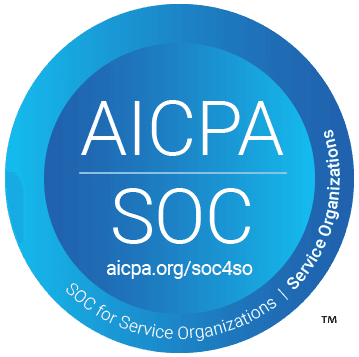January 23, 2025
The Importance of Carbon Accounting
Businesses, governments, and individuals are under growing pressure to reduce their environmental footprint - and an effective tool to get started in understanding and reducing impacts is carbon accounting

Stephen Pell
Co-founder and CEO
Sustainability
2 Min Read
Carbon accounting measures greenhouse gas emissions to identify reduction opportunities and track progress toward sustainability goals.
What Is Carbon Accounting?
Carbon accounting is the process of measuring, analysing, and reporting the GHG emissions produced by an organisation, product, or activity. The aim is to understand the emissions generated throughout the value chain and take steps to reduce them.
Scopes of Carbon Emissions:
The Greenhouse Gas Protocol (GHG) divides emissions into three distinct scopes:
1. Scope 1: Direct emissions from owned or controlled sources, for example company vehicles.
2. Scope 2: Indirect emissions, for example from electricity or heating.
3. Scope 3: Indirect emissions from the entire value chain, such as from suppliers, product use, and waste disposal.
Why Is Carbon Accounting Important?
1. Meeting Regulatory Requirements
Governments worldwide are introducing stricter environmental regulations, such as the European Union’s Corporate Sustainability Reporting Directive (CSRD) and carbon pricing mechanisms. Carbon accounting ensures businesses can comply with these regulations and avoid penalties.
2. Driving Sustainability Goals
To achieve net-zero emissions, organisations need a clear picture of where their emissions originate. Carbon accounting provides actionable insights that help prioritise reduction efforts.
3. Improving Stakeholder Trust
Consumers, investors, and employees increasingly favour organisations with strong sustainability practices. Transparent carbon accounting demonstrates a commitment to environmental responsibility, enhancing brand reputation and stakeholder confidence.
4. Identifying Cost Savings
By analysing carbon emissions, businesses often uncover inefficiencies in energy use, waste management, and supply chain operations. Addressing these inefficiencies can lead to significant cost savings.
5. Preparing for Future Risks
Carbon accounting helps organisations anticipate and mitigate risks associated with climate change, such as supply chain disruptions, resource scarcity, and rising energy costs.
The Future of Carbon Accounting
As the global emphasis on sustainability grows, carbon accounting will become an essential part of doing business. Emerging trends, such as real-time emissions tracking and AI-driven analytics, and software such as neoeco, will make the process more accurate and efficient.
Carbon accounting is more than just a compliance requirement - it’s a powerful tool for building a sustainable future. By understanding and reducing their emissions, organisations can drive meaningful environmental change while improving their operational efficiency and strengthening stakeholder relationships.
Companies that adopt carbon accounting now will not only help mitigate climate change but also gain a competitive edge in an increasingly sustainability-focussed economy.






